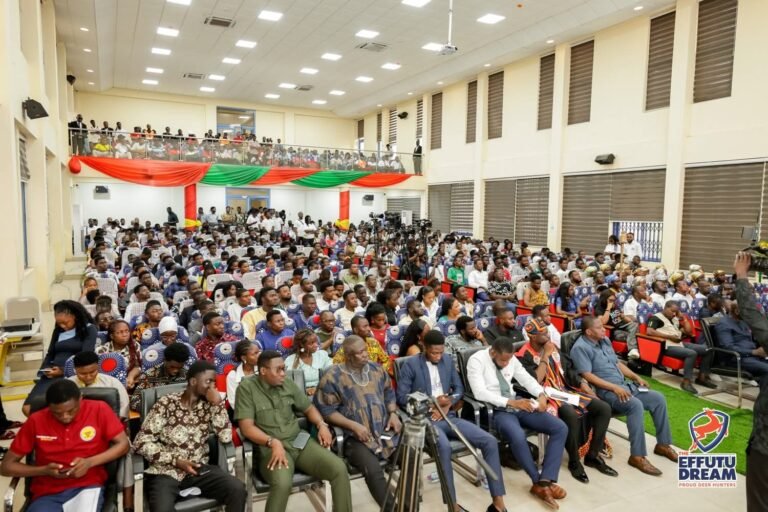
The last 72 hours had been stressing for all civil society stakeholders, including the government, the opposition, the general public, the Police, media and the ‘Arise Ghana’ group and its leaders, who planned and carried the two-day street protests on Tuesday and Wednesday.
As we would admit, this is not the first demonstration in Ghana. Indeed, it will also certainly not be last – either from the opposition or pro-government forces.
The important thing about a demonstration, however, is that it has relevance, and speaks to the issues. The other leg to a demonstration is that the issues underlying the act must be tabled and received in all good faith, and should be worked on. That is democracy, and that is what we have witnessed, beyond the court cases and mutual suspicions, as well as the acts of mayhem that characterised the protest on the first day.
Addressing the issues
While Police gets on with its mandate to prosecute anybody who has fallen foul of the laws in the course of the demonstrations, the expectation of the general public and political leadership is that government moves to address the issues.
Among the tall list of issues tabled by the activists is the indisputable fact that cost of living is becoming unbearable. They believe that spite of the global notion that the COVID-19 pandemic and the Russian-Ukraine conflict are together inflicting untold hardships on poorer economies like Ghana, government must be able to do something about the situation.
The group also insists that for the government to prove that it cares about the citizens, it must cut more of its expenditures, despite the recent cuts. They say it must practically show in its day-to-day governance style that politicians commiserate with the ordinary citizens, who are daily faced with the stark realities of the rising cost of living, occasioned by increasing food, fuel and transport costs.
Thankfully, during the last day of the protest, what ought to be done as a matter of obligation was done. That was the receipt of the petition by a Deputy Finance Minister and the assurance to the protestors and, indeed, the general public, that government appreciates their concerns, and was doing something about them.
Even though the leadership of the protesters expressed doubt about the credibility of the Minister’s statement, the fact still remains that the government has an obligation to deal with their concerns.
Collective action
While the government looks at the political options, and the leadership of the ‘Arise Ghana’ group also looks at their next strategies, it is the opinion of the Daily Statesman that government would rethink areas of expenditure that would need some downsizing.
We also believe that taking undue political advantage of the current global crisis to engage in acts that can potentially destabilise the country is not what is expected from opposition politicians who seek to rule the people.
Again, since there are appointees representing the President in several sectors of the economy, we would expect that they take the message in the petition as being directed at them.
In the same way, we expect the Executive to insist on effective delivery of mandate by these appointees, taking the required action when they do not meet expectation.
Beyond the protests and the responses, what is most important is that all of us should appreciate the fact that we are confronted with a serious crisis that must be collectively tackled for our own benefit.







